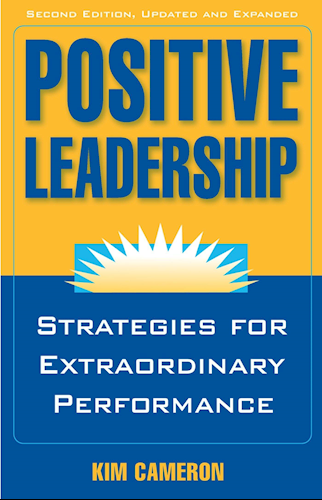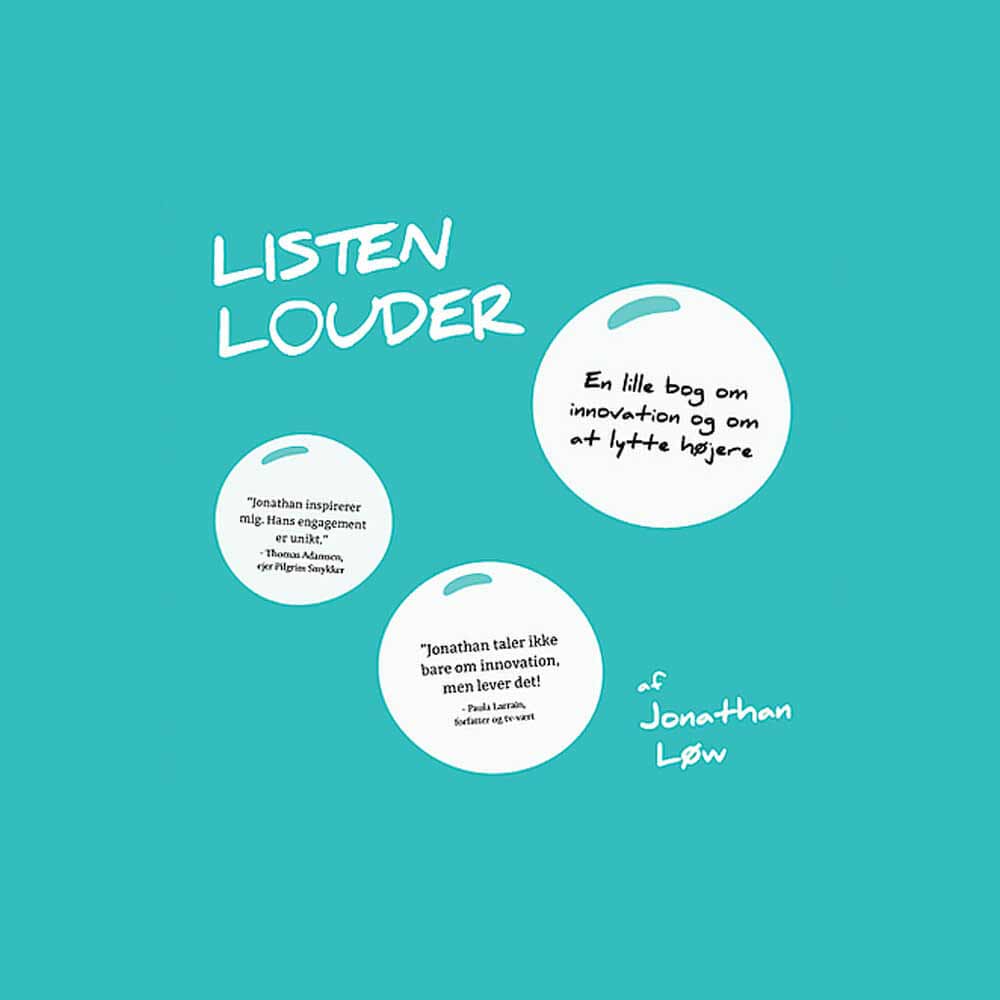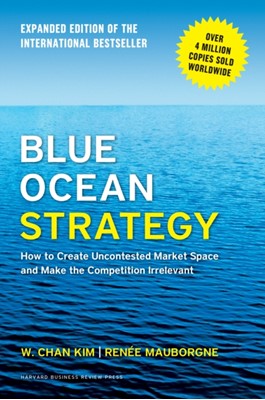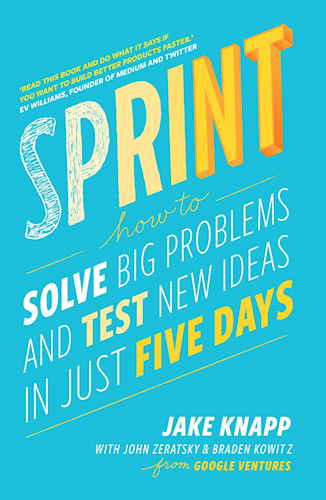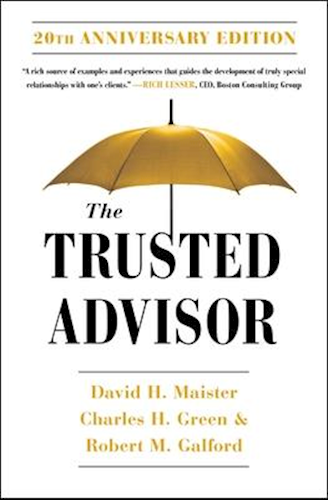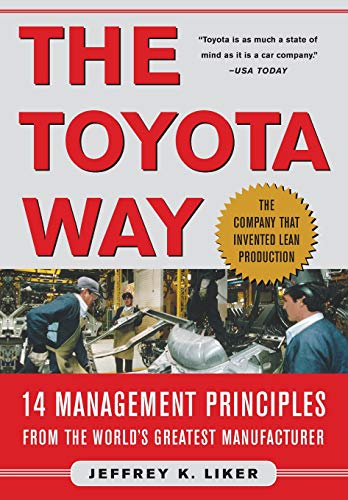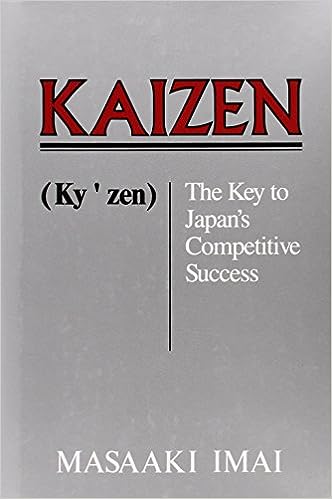“Positive Leadership: Strategies for Extraordinary Performance” er en håndbog i ledelsesstrategier, der viser hvordan du kan række udover almindelig succes og frem mod at opnå ekstrem effektivitet, spektakulære resultater og præstationer langt over normen. “Positive Leadership: Strategies for Extraordinary Performance” indeholder fire positive ledelsesstrategier og råd til at udføre disse. Bogen viser at man for at gøre ens arbejde meningsfuldt som leder må lægge vægt på styrker, snarere end at fokusere på svagheder, samt at man må fremme positive handlinger og følelser såsom medfølelse, taknemmelighed og tilgivelse.
Author: admin
Listen Louder
Listen Louder er skrevet i et sprog & format, som jeg selv ville have tid og lyst til at læse. Det har heldigvis vist sig, at andre deler den lyst. Bogen er solgt i over 15.000 eksemplarer og downloadet af flere end 50.000 danske iværksættere, ledere, marketingmedarbejdere, innovatører og topchefer. Det skyldes formentlig den meget handlingsorienterede og konkrete tilgang til innovation, iværksætteri og ledelse, som du møder i Listen Louder-bogen. Bogen stiller skarpt på ‘at lytte højere’. Dvs. evnen til at skabe en kultur, der hele tiden er præget af nysgerrighed og lydhørhed, men samtidig er handlekraftig og effektiv. Alle artikler i bogen bliver suppleret med værktøjer, der gør nemmere at omsætte den nye viden til succesfulde handlinger og innovationer. Jeg forærer Listen Louder væk som både e-bog, PDF og lydbog. Den trykte udgave er udsolgt
Humanocracy
“Humanocracy” er Gary Hamel og Michele Zaninis inspirerende bud på, hvordan vi skaber organisationer, som er lige så fantastiske, som de mennesker den består af. I en tid af uforudsigelige forandringer og uprøvede udfordringer, har vi brug for organisationer, som er stærke og modige. Uheldigvis er de fleste dog overbebyrdet af bureaukrati, langsommelighed og en angst for forandringer. Når usikkerheden stiger, søger vi imod top-down strukturer og fastbøjede regler, som knuser kreativiteten og stopper initiativet. Som ledere, medarbejde, investorer og borgere fortjener vi bedre. Vi har behov for modige, nyskabende og flydende organisationer. Derfor har Gary Hamel og Michele Zanini skrevet “Humanocracy”. Passioneret og skrevet ud fra et stærkt fundament af data viser de vejen væk fra bureaukratiet og mod noget bedre. Bogen er fyldt med tankevækkende eksempler fra virkeligheden samt inspiration til alle ,som søger en forandret organisationskultur, der er rustet til fremtidens udfordring
The Digital Transformation Playbook
Rethink your business for the digital age. Every business begun before the Internet now faces the same challenge: How to transform to compete in a digital economy? Globally recognized digital expert David L. Rogers argues that digital transformation is not about updating your technology but about upgrading your strategic thinking. Based on Rogers’s decade of research and teaching at Columbia Business School, and his consulting for businesses around the world, The Digital Transformation Playbook shows how pre-digital-era companies can reinvigorate their game plans and capture the new opportunities of the digital world. Rogers shows why traditional businesses need to rethink their underlying assumptions in five domains of strategy-customers, competition, data, innovation, and value. He reveals how to harness customer networks, platforms, big data, rapid experimentation, and disruptive business models-and how to integrate these into your existing business and organization. Rogers illustra
Blue Ocean Strategy
“Blue Ocean Strategy” er en anerkendt erhvervsbog om at opnå strategisk succes ved at finde den strategi, som gør din virksomhed unik på markedet og slår konkurrenterne af banen. Bogen indeholder en række metoder, principper og værktøjer til at gøre konkurrenterne irrelevante. I stedet for at kæmpe blodige kampe med konkurrenterne, vejledes læseren til at skabe konkurrencefrie markeder, “blå oceaner”. Den internationalle bestseller “Blue Ocean Strategy” er her i en ny og opdateret udgave, der indeholder to spritnye kapitler og opdaterede cases og opsamlende historier om bogens eksempler.
Sprint
“Sprint” er bogen for entrepenøren og virksomhedslederen, der skal besvare store spørgsmål hver dag. Spørgsmål som: Hvor skal vi lægge vores fokus? Og: Hvordan ser din idé ud i praksis? Designer Jake Knapp præsenterer i den her bog den bedste metode: sprinten. Knapp udviklede denne metode hos Google og det er en fem-dages proces, der kun handler om en ting: at få bygget noget. I årenes løb har han udført hundredevis af sprint indenfor mobil-, sundheds- og finansverdenen. “Sprint” præsenterer den innovative metode på en letforståelig måde, der kan bruges af hold på alle størrelser, samt i forretnings- og undervisningssammenhænge. Læs hele beskrivelsen Detaljer Størrelse og vægt Læsernes anmeldelser 5.0 4 anmeldelser (4 skriftlige) Vis alle Log ind for at skrive en anmeldelse. Andre købte også Andre bøger af samme forfatter Denne bog findes i disse kategorier Fagbøger Erhvervsliv, virksomheder og ledelse Forretningsstrategier Fagbøger Erhvervsliv, virk
The Trusted Advisor
The 20th anniversary edition of the “brilliant and practical” (Tom Peters, author of The Professional Service 50) business classic–now updated to reflect the digital world–provides essential tools and wisdom for all consultants, negotiators, and advisors. In today’s fast-paced networked economy, professionals must work harder than ever to maintain and improve their business skills and knowledge. But technical mastery of one’s discipline is not enough, assert professional advisors David H. Maister, Charles H. Green, and Robert M. Galford. The key to professional success, they argue, is the ability to earn the trust and confidence of clients. In this 20th anniversary edition, Maister, Green, and Galford enrich our understanding of today’s society and illustrate how to be effective communicators in a digital world. Using their model of “the trust equation” they dissect the rational and emotional components of trustworthiness. With precision and clarity, they detail five distinct steps y
The Toyota Way: 14 Management Principles from the World
How to speed up business processes, improve quality, and cut costs in any industry In factories around the world, Toyota consistently makes the highest-quality cars with the fewest defects of any competing manufacturer, while using fewer man-hours, less on-hand inventory, and half the floor space of its competitors. The Toyota Way is the first book for a general audience that explains the management principles and business philosophy behind Toyota’s worldwide reputation for quality and reliability. Complete with profiles of organizations that have successfully adopted Toyota’s principles, this book shows managers in every industry how to improve business processes by: Eliminating wasted time and resources Building quality into workplace systems Finding low-cost but reliable alternatives to expensive new technology Producing in small quantities Turning every employee into a qualitycontrol inspector
Getting the Right Things Done: A Leader’s Guide to Plan
For companies to be competitive, leaders must engage people at all levels in order to focus their energy and enable them to apply lean principles to everything they do. Strategy deployment, called hoshin kanri by Toyota and also known as policy deployment, has proven to be the most effective process for meeting this ongoing challenge. In his book, Getting the Right Things Done, Pascal Dennis outlines the nuts and bolts of strategy deployment, answering two tough questions that ultimately can make or break a company’s lean transformation: What kind of planning system is required to inspire meaningful company-wide continuous improvement? How might we change existing mental models that do not support a culture of continuous improvement?
Kaizen: The Key To Japan’s Competitive Success
For the professional manager or student of management, a comprehensive handbook of 16 Kaizen management practices that can be put to work. KAIZEN uses more than 100 examples in action and contains 15 corporate case studies.
